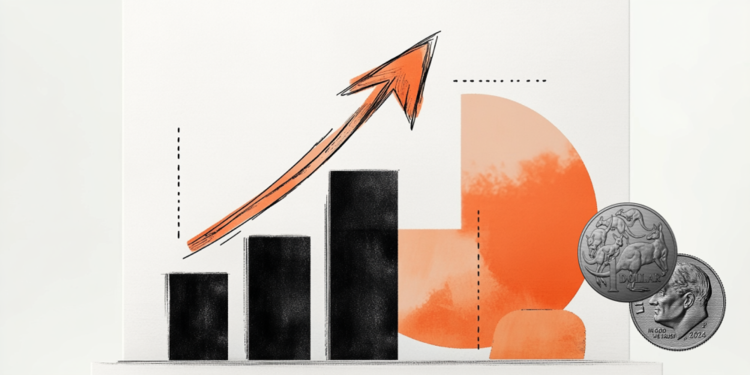Two out of three households headed by blacks in Brazil suffer from hunger, which in addition to color, has gender: when a black woman heads the household, the situation is even worse.
Research released this Monday (26) reveals that households headed by black people are twice as affected by hunger as those headed by white people – and the situation is even more serious when a black woman heads the house.
The data were obtained from the race and gender profile of the 2nd National Survey on Food Insecurity in the Context of the Covid-19 Pandemic in Brazil (VIGISAN), a survey whose first results were published in June 2022 – the data revealed that Brazil has 33.1 million people without food, a number aggravated by the Covid-19 pandemic.
Overall, the survey reveals that more than 60% of households headed by self-declared brown and black people – the black race – suffer from some type of food insecurity in Brazil.
Serious food insecurity – hunger – affects households headed by black people (20.6%), followed by brown (17%) and white (10.6%) people.
When we look at the cases of households headed by black women, the situation is even more serious: in 70% of them there is some type of food insecurity.
For Kiko Afonso, from Ação da Cidadania, one of the organizations that supported the research, the data reveal the permanence of structural racism in the country and are also a manifestation of gender inequality.
A member of the Council for Sustainable Economic and Social Development (“Conselhão”), Afonso advocates that the government intensify income transfer programs and that the IBGE investigate hunger in the country. “We need the constant production of data like this to be able to have the real dimension of something that devastates the country”, he said.
The survey conducted face-to-face interviews, between November 2021 and April 2022, with 12,745 households in 577 Brazilian municipalities. Urban and rural areas from all regions of the country were covered.
Other clippings
The research’s race and gender cut shows that the II VIGISAN 2022 shows that higher education (when the person in charge of the family has 8 or more years of study) does not protect families headed by black women from lack of food. 33% of these suffer from moderate or severe food insecurity, compared to 21.3% of black men, 17.8% of white women and 9.8% of white men.
Being unemployed or working in the informal market also made a difference with regard to hunger: in this scenario, hunger affects half of black-headed households, compared to one-third of white-headed households.
In the condition of unemployment, severe food insecurity, that is, hunger, was more frequent in households headed by black women (39.5%) and by black men (34.3%).
Source: CNN Brasil
I’m James Harper, a highly experienced and accomplished news writer for World Stock Market. I have been writing in the Politics section of the website for over five years, providing readers with up-to-date and insightful information about current events in politics. My work is widely read and respected by many industry professionals as well as laymen.







